Celebrating 75 years of our NHS and the people improving care
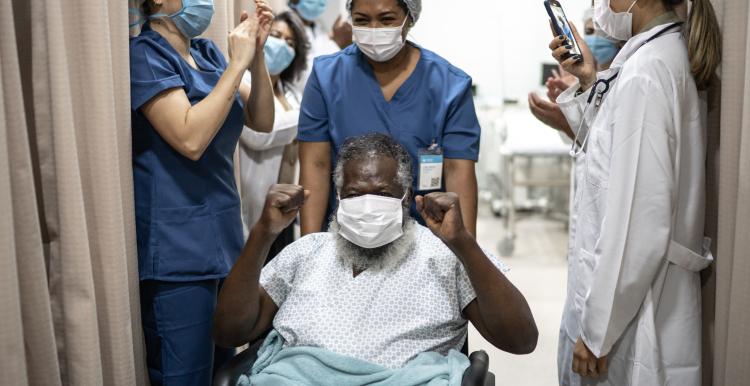
When sharing feedback, people often think, ‘What’s the point? Nothing ever changes.’ But millions of you have shared your views on NHS and social care services with us, and together we've improved the services you need to stay well.
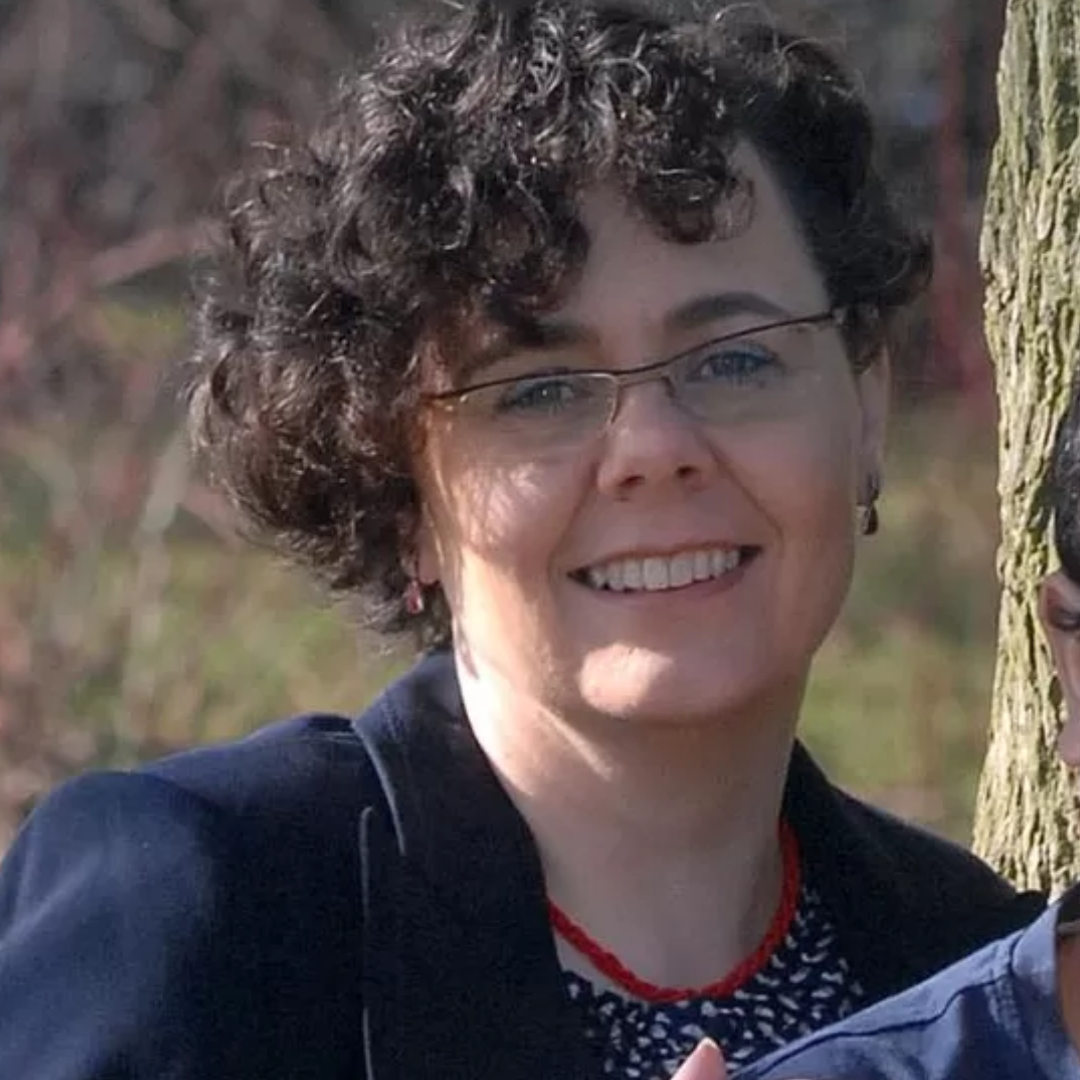
1. Rebecca helped the NHS save money and improve orthotic services
When Rebecca’s son lost mobility because of long waits for orthotic support, she decided to take action. Rebecca and Healthwatch Staffordshire raised concerns with the NHS that many children were left without critical support to treat foot, leg or back problems. Thanks to her determination, significant changes have been made. Children can access orthotics support quickly, reducing the chances of needing surgery.
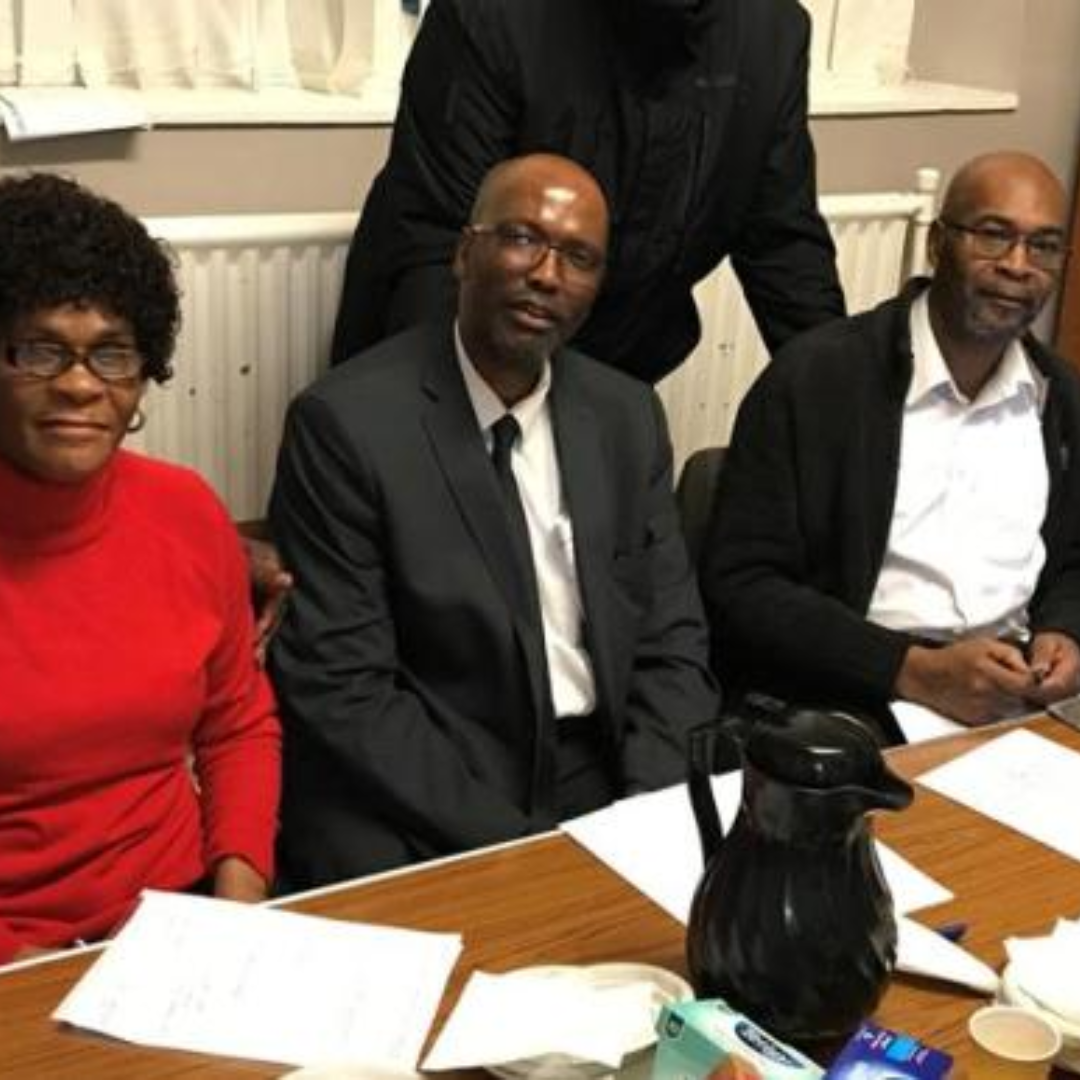
2. Errol encouraged Afro-Caribbean men to take up lifesaving prostate screenings
When a close friend died from prostate cancer, Errol promised to raise awareness of the risks amongst the Afro-Caribbean community. From churches, prisons, and barbershops, Errol and his organisation, Friends of Caswell Thompson, talked to men to break the stigma. Together with Healthwatch Bristol, Errol organised events encouraging men to get screened, resulting in more people getting an early diagnosis.
3. Tony helped make it easier to find care home information
Tony struggled to find a good care home for his Mum, because there was a lack of clear, basic information to make an informed choice. Tony and Healthwatch County Durham reviewed every local care home website. This led to a change in criteria that means care homes must provide up-to-date information on a public database. Thanks to Tony, people in Durham are now able to find reliable care homes for their loved ones.
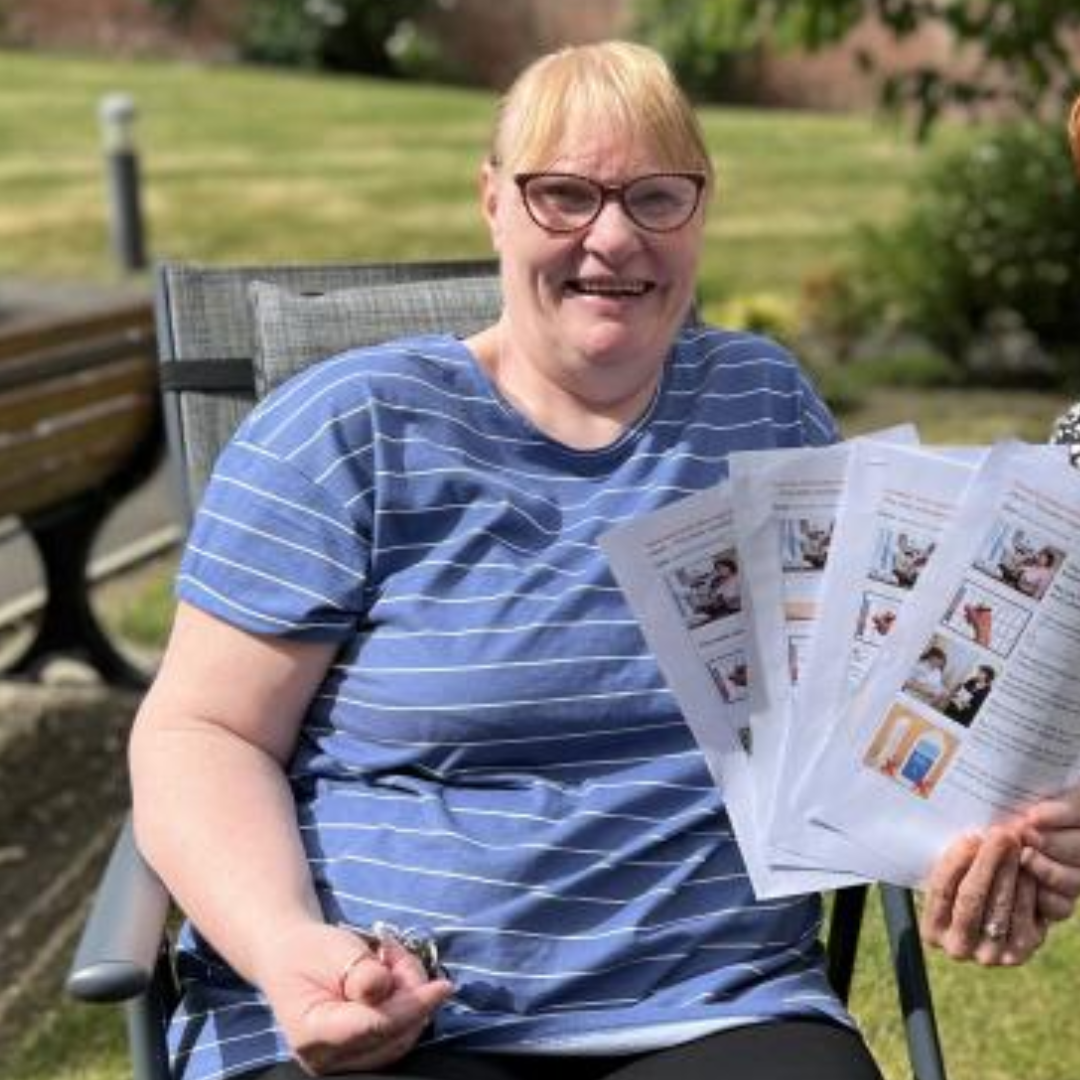
4. Sharon asked the NHS to provide mammogram letters in easy read for people with learning disabilities
Sharon received a mammogram recall letter from the hospital, which was difficult to understand, as it wasn’t in an easy read format. Disappointingly, Sharon and Healthwatch Sunderland found that mammogram recall letters in an easy read format did not exist. So, they set out to change this. Sharon explained to NHS decision-makers that having an easy read letter would help her independently understand critical information. Thanks to her story and persistence, these letters are now available across England for women who rely on easy read formats.
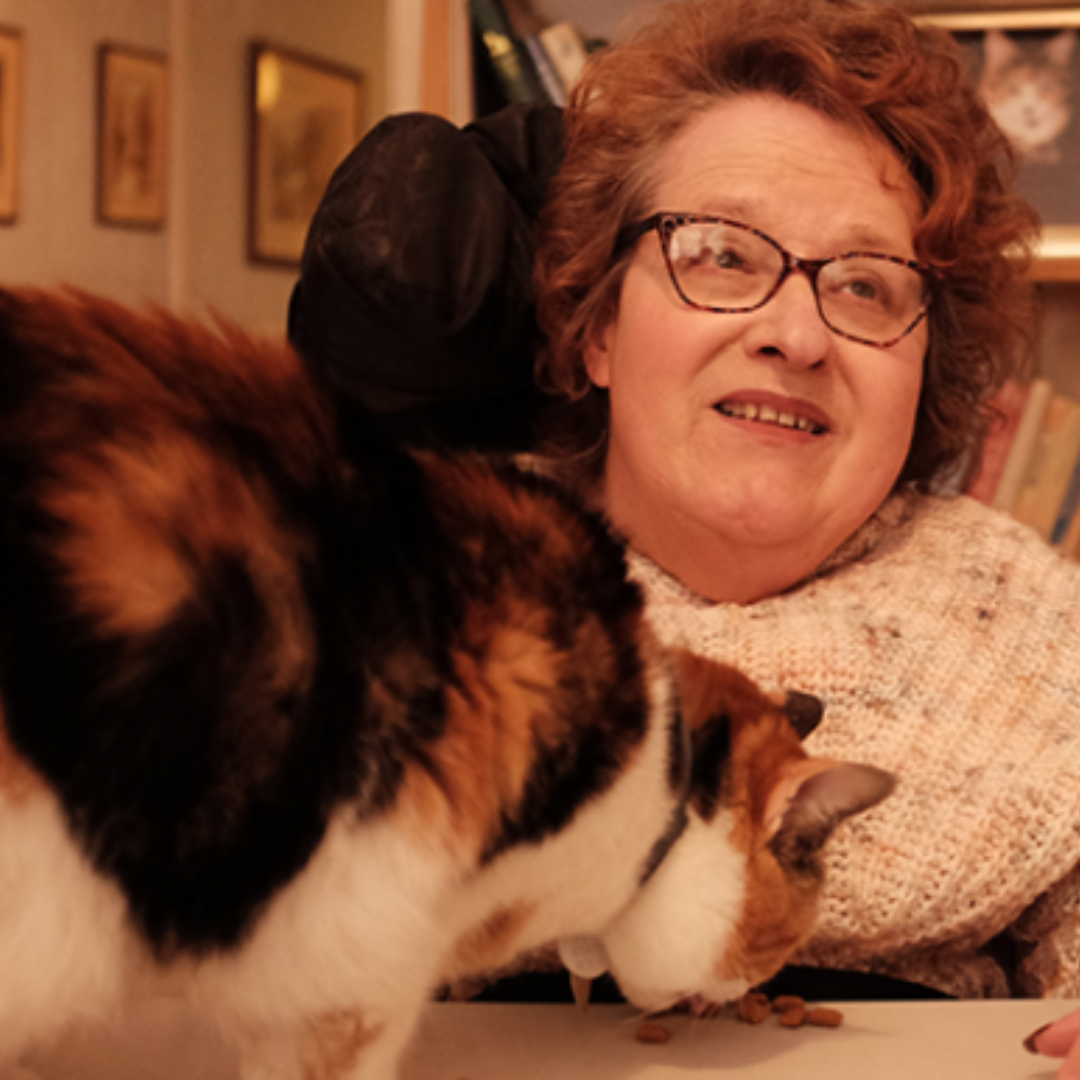
5. Angela helped make it easier to contact social workers by phone
Angela often had to wait for up to an hour to get through to her social worker on the phone, resulting in expensive phone bills. Angela spoke to Healthwatch Islington about her idea for a messaging service that could make things easier. They also found the service was struggling to handle the volume of calls. Thanks to Angela and Healthwatch Islington, the Adult Social Service has transformed their telephone service making it easier for people to contact their social worker.
6. George helped improve communication for birthing partners during labour
When George’s wife needed medical treatment after labour, he was left alone with no idea what was going on. George spoke with Healthwatch Buck’s about feeling abandoned, feelings that were echoed by other new Dads who also wanted a clear role during the birthing process. Because George spoke up about his experience Buckinghamshire Healthcare NHS Trust created a new policy that ensures no birthing partner goes more than twenty minutes without an update when separated from the mother.
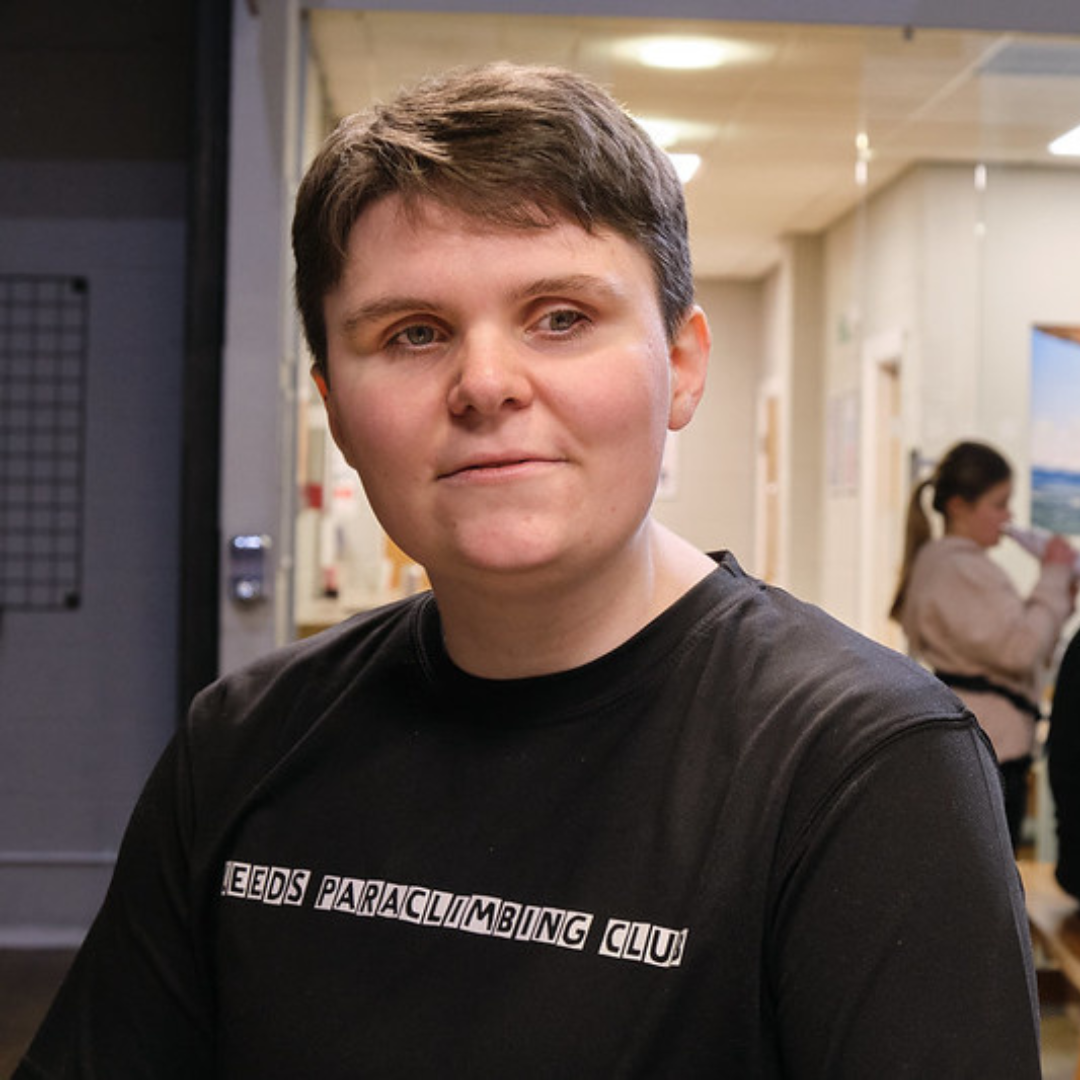
7. Connor helped us campaign for accessible healthcare information
Connor is blind and needs healthcare information in electronic formats and braille. But his experience showed that health services were not providing accessible formats, which meant he couldn’t read important appointment letters or prescriptions. Thanks to Connor, and over 6,800 other people speaking up, we have been campaigning for the right to clear healthcare information for everyone.

8. Lydia’s experience helped improve access to essential dental care
Lydia was left in pain, needing new fillings and treatment for gingivitis because she couldn’t get an NHS dentist in Somerset. Lydia ended up seeking help from a private provider but felt that access to dentistry is a fundamental right. She spoke to Healthwatch about her dental worries and helped us raise awareness of the dental affordability and accessibility crisis.
9. Maggie helped services learn from her end-of-life care experiences
Maggie’s husband had received good care overall before he passed away. But she wanted to highlight some concerns about his care in the final few weeks and how support for families could be improved. Maggie courageously spoke to the services who plan and deliver end of life care, using her experience to show how things could be better.
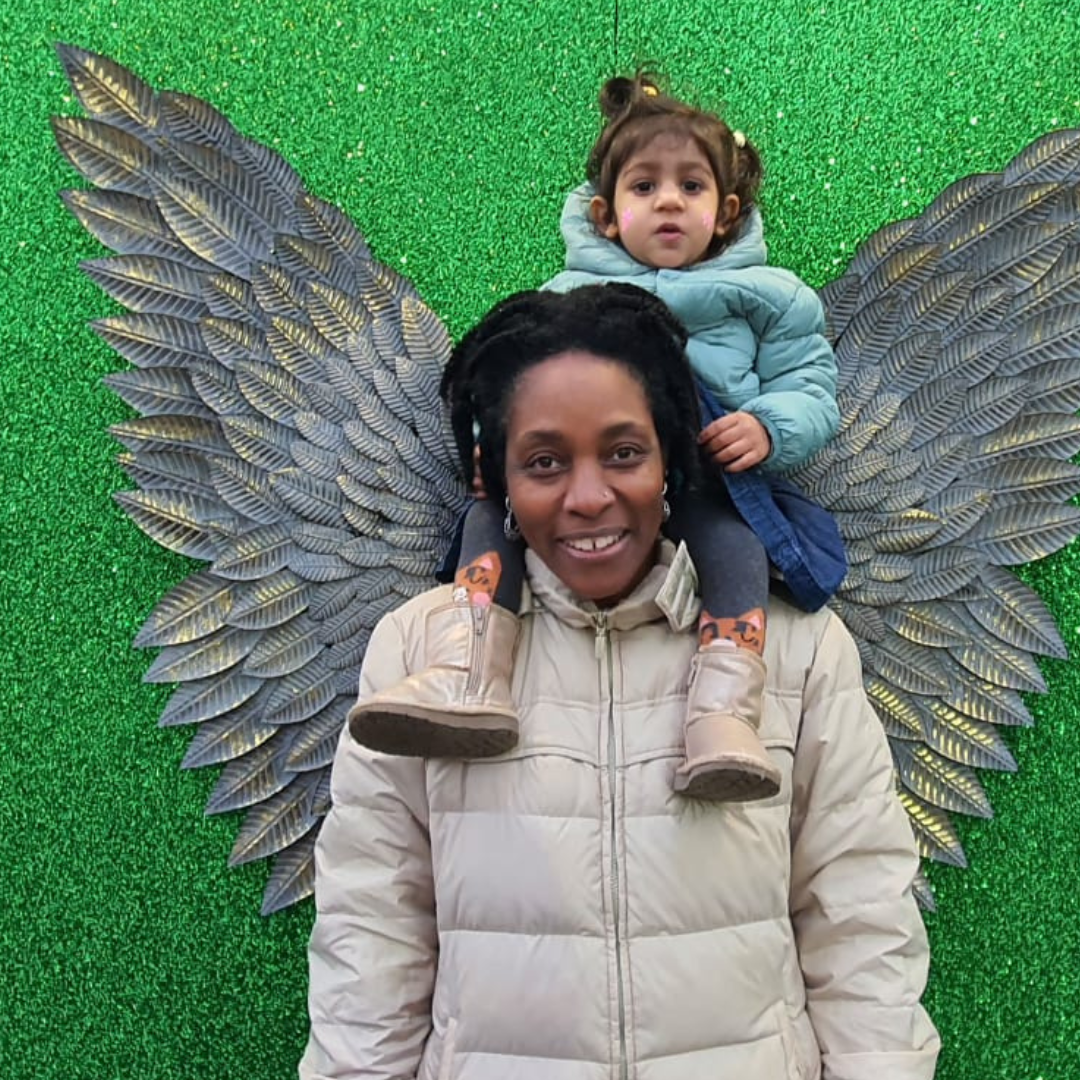
10. Amanda’s post-natal experiences shine a light on maternal mental health
Amanda felt completely overwhelmed after giving birth, and as a single mum she didn’t have the support network of many new parents. She didn’t know that new mums should receive a six-week GP check-up to assess the wellbeing of mum and baby and to discuss their mental health. By sharing her story, Amanda helped to shine a light on the reality facing many new mums and birthing parents and the need for improvements to post-natal care at a national level.
Share your experience with us
Without your stories – good and bad – we couldn’t affect change where it matters most. So, thank you!
Your experiences of health and social care have shaped the services you use to stay well, and by continuing to speak up about your care and support, we can shape the future of health and social care services together. Bringing closer the day when everyone can access the care they need.
So, if you have a few minutes to spare, please share your experience and help us improve future care.


